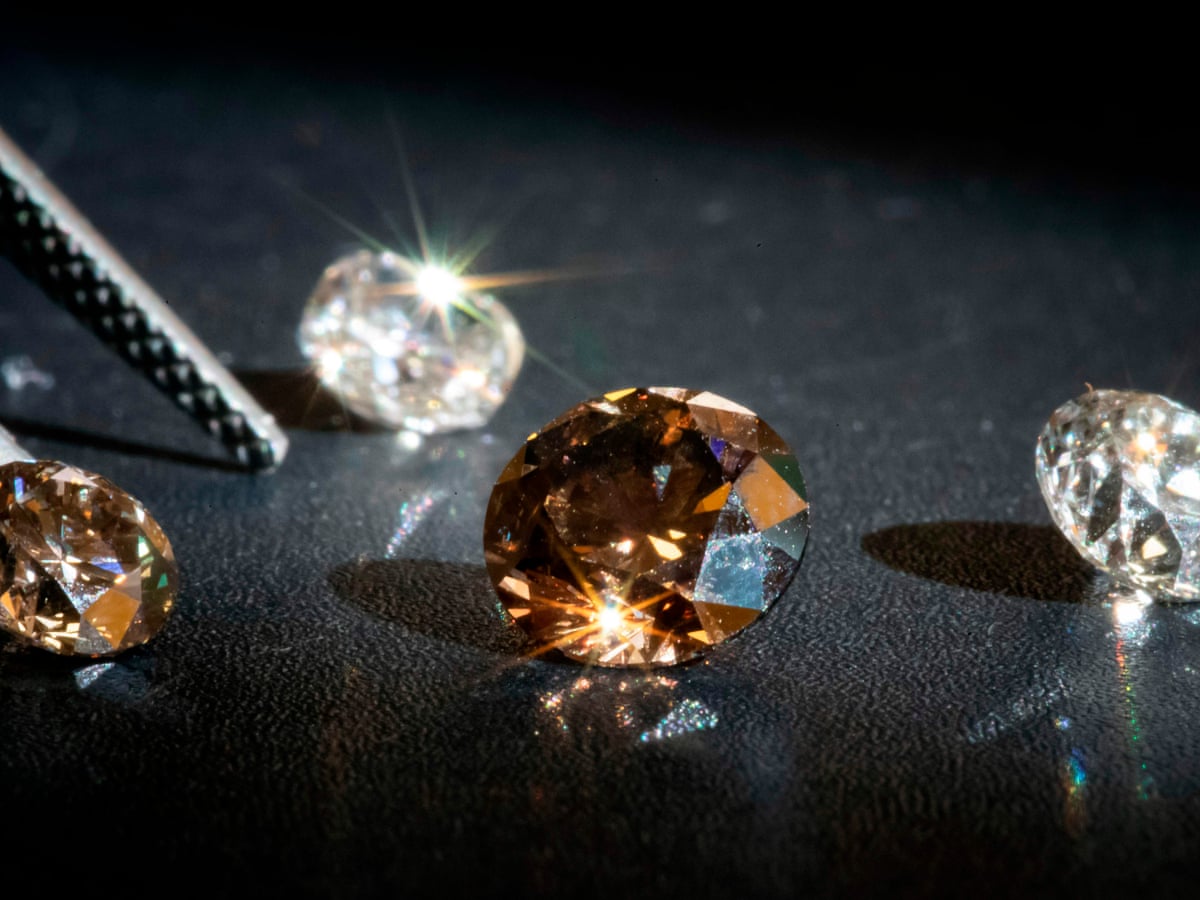When it comes to purchasing diamonds, ensuring their quality and authenticity is paramount. One way to ascertain this is through diamond certification, which provides detailed information about a diamond’s characteristics. Two of the most renowned diamond grading laboratories are GIA Vs IGI (International Gemological Institute). Let’s delve into the differences between GIA and IGI certifications to help you make an informed decision.
Table of Contents
What is GIA?
History and Overview
GIA, established in 1931, is a nonprofit organization dedicated to gemological research and education. It is widely regarded as the world’s foremost authority on diamonds, colored stones, and pearls.
Services Offered by GIA
GIA offers a range of services, including diamond grading and certification, gem identification, and educational programs for professionals and enthusiasts alike.
Reputation and Recognition
GIA’s reputation for accuracy, consistency, and integrity is unparalleled in the industry. Its certifications are highly esteemed and widely accepted by jewelry retailers and consumers worldwide.
What is IGI?
Background and Establishment
IGI, founded in 1975, is an independent gemological laboratory with headquarters in Antwerp, Belgium. It has since expanded its operations globally, with branches in major diamond trading centers.
Services Provided by IGI
IGI offers diamond grading and certification services, as well as gemological education and research. It caters to both the jewelry trade and individual consumers seeking assurance of quality.
Industry Recognition and Reputation
While IGI may not enjoy the same level of recognition as GIA, it is still a reputable and well-established grading laboratory. Its certifications are widely accepted in the industry, although some may consider them to be slightly less stringent than GIA’s.
Comparison of GIA and IGI
Certification Process
GIA employs a rigorous and standardized grading process, involving multiple expert graders and state-of-the-art equipment. Its grading standards are widely regarded as the most stringent in the industry. On the other hand, IGI also follows strict grading protocols but may be perceived as being slightly more lenient compared to GIA.
Grading Standards
GIA’s grading scale is globally recognized and adheres to strict criteria for color, clarity, cut, and carat weight. Its grading reports provide comprehensive details about a diamond’s characteristics. IGI utilizes a similar grading scale but may exhibit slight variations in grading criteria, leading to differences in assessed quality.
Turnaround Time
GIA’s certification process typically takes longer due to its meticulous approach and high demand. Customers may expect to wait several weeks for their lab created diamonds to be graded and certified. IGI generally offers a faster turnaround time, making it a preferred choice for those seeking expedited certification services.
Cost
GIA’s certifications are often more expensive due to its esteemed reputation and stringent grading standards. However, many consider the investment worthwhile for the assurance of quality. IGI’s certification fees may be comparatively lower, making it a more budget-friendly option for some consumers without compromising too much on quality assurance.
Pros and Cons of GIA
Strengths
- Unmatched reputation for accuracy and integrity
- Globally recognized and accepted certifications
- Comprehensive grading reports provide detailed information
Weaknesses
- Higher certification costs
- Longer turnaround time for grading
Pros and Cons of IGI
Advantages
- Established global presence with offices in major diamond markets
- Competitive pricing for certification services
- Relatively faster turnaround time
Limitations
- Perceived as slightly less stringent in grading standards compared to GIA
- May not enjoy the same level of industry-wide recognition
Which Certification Should You Choose?
When deciding between GIA and IGI certification, it ultimately boils down to personal preferences and specific requirements. If you prioritize absolute assurance of quality and are willing to invest in it, GIA certification may be the ideal choice for you. However, if cost and turnaround time are significant factors, IGI certification offers a compelling alternative without compromising too much on quality.
The Importance of Diamond Certification
Diamond certification serves as a vital tool for both buyers and sellers in the diamond market. It provides assurance of a diamond’s quality, authenticity, and value, thereby instilling confidence in the transaction process. Whether you’re purchasing a diamond for an engagement ring, investment purposes, or simply as a token of affection, obtaining a certified diamond ensures peace of mind and protects your investment.

